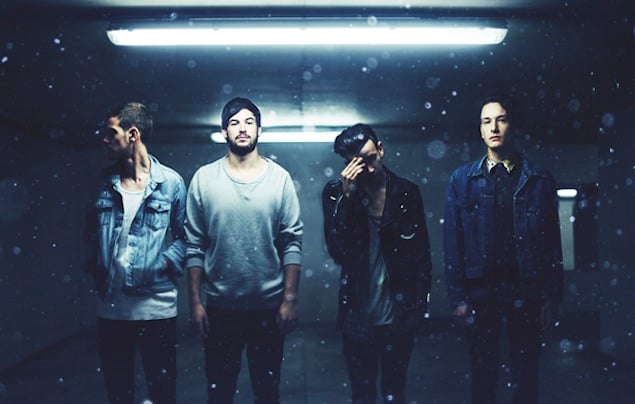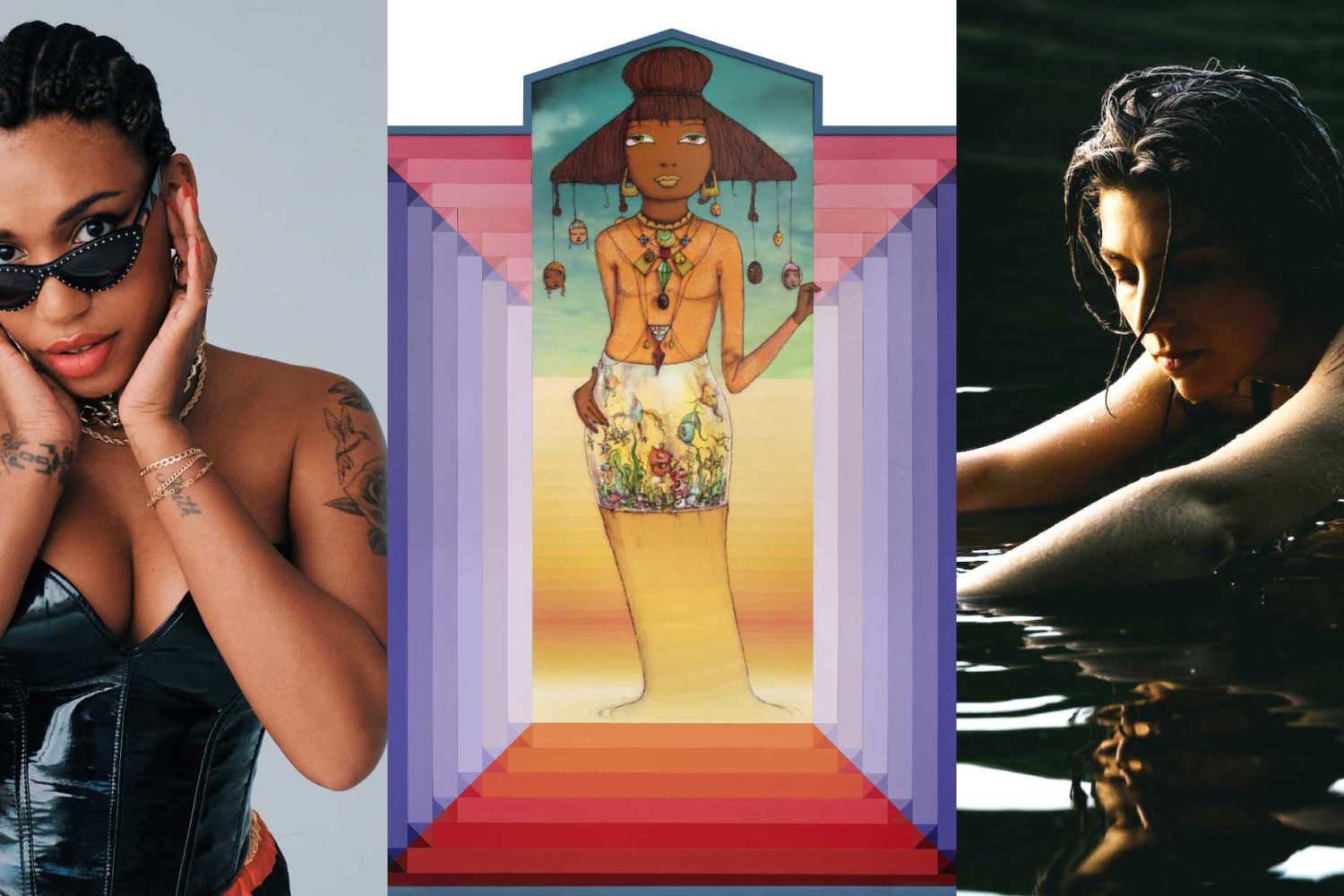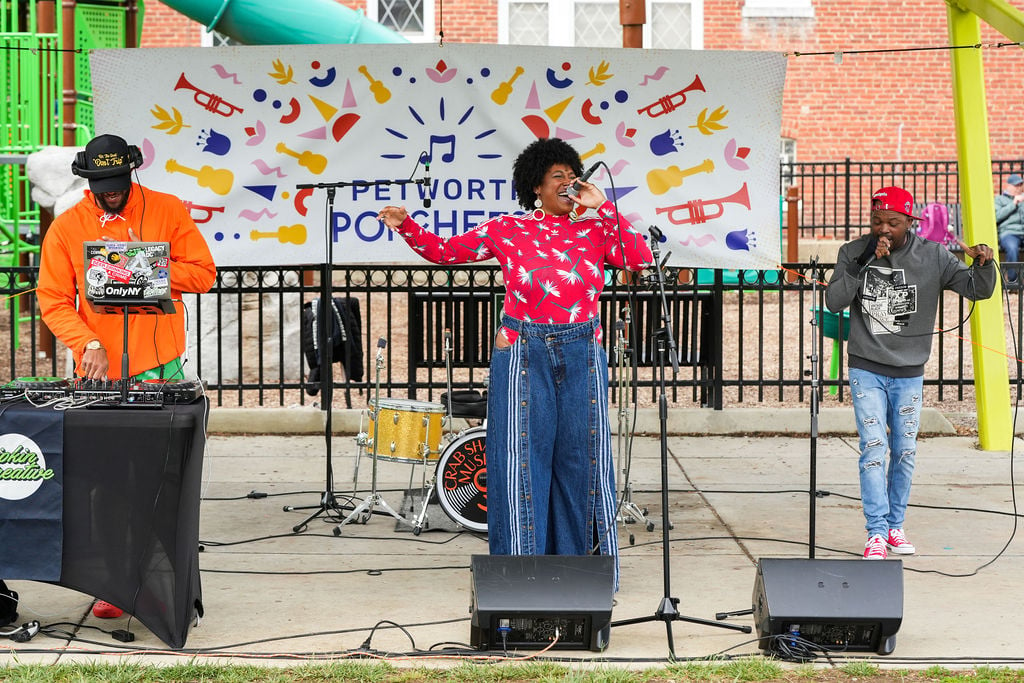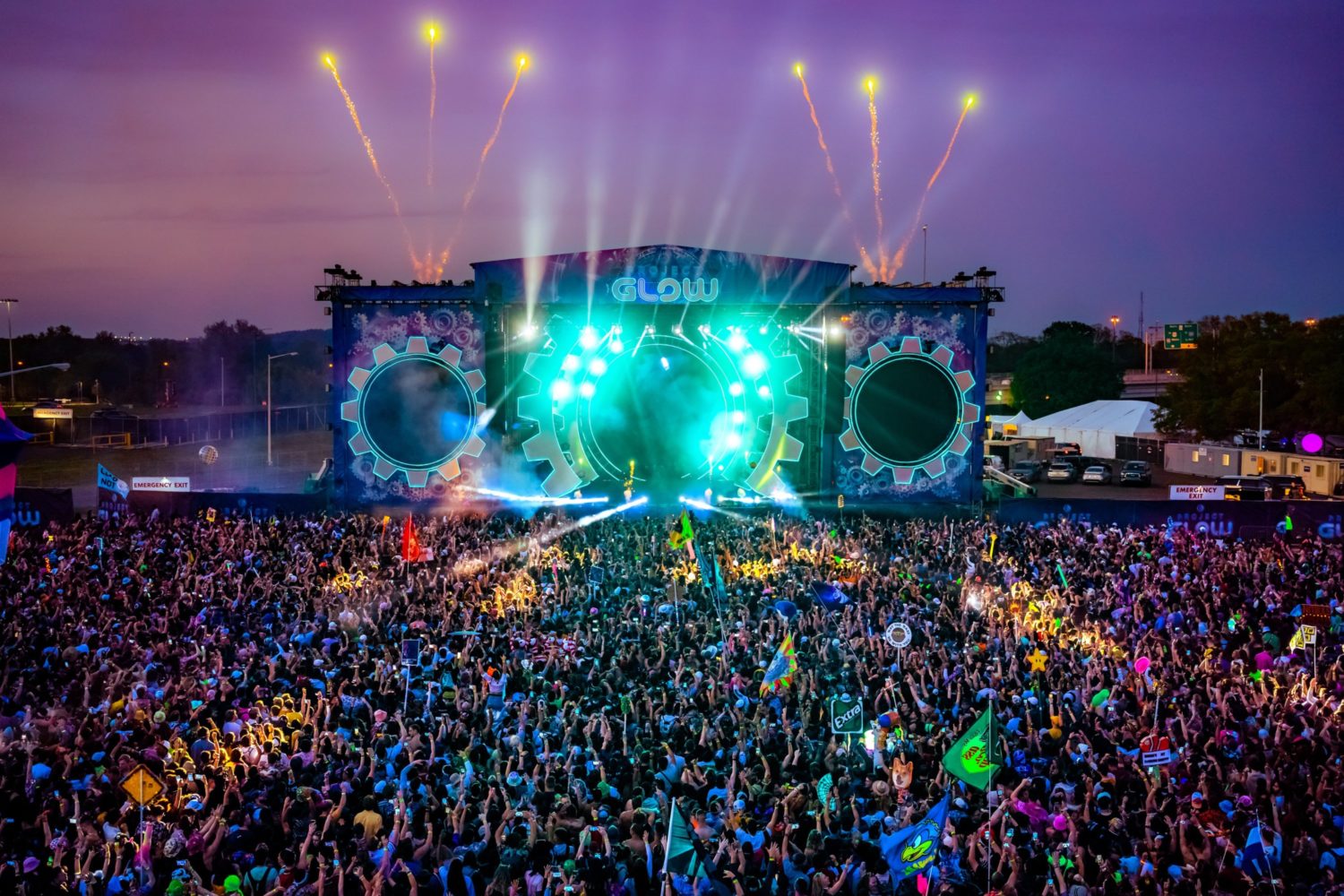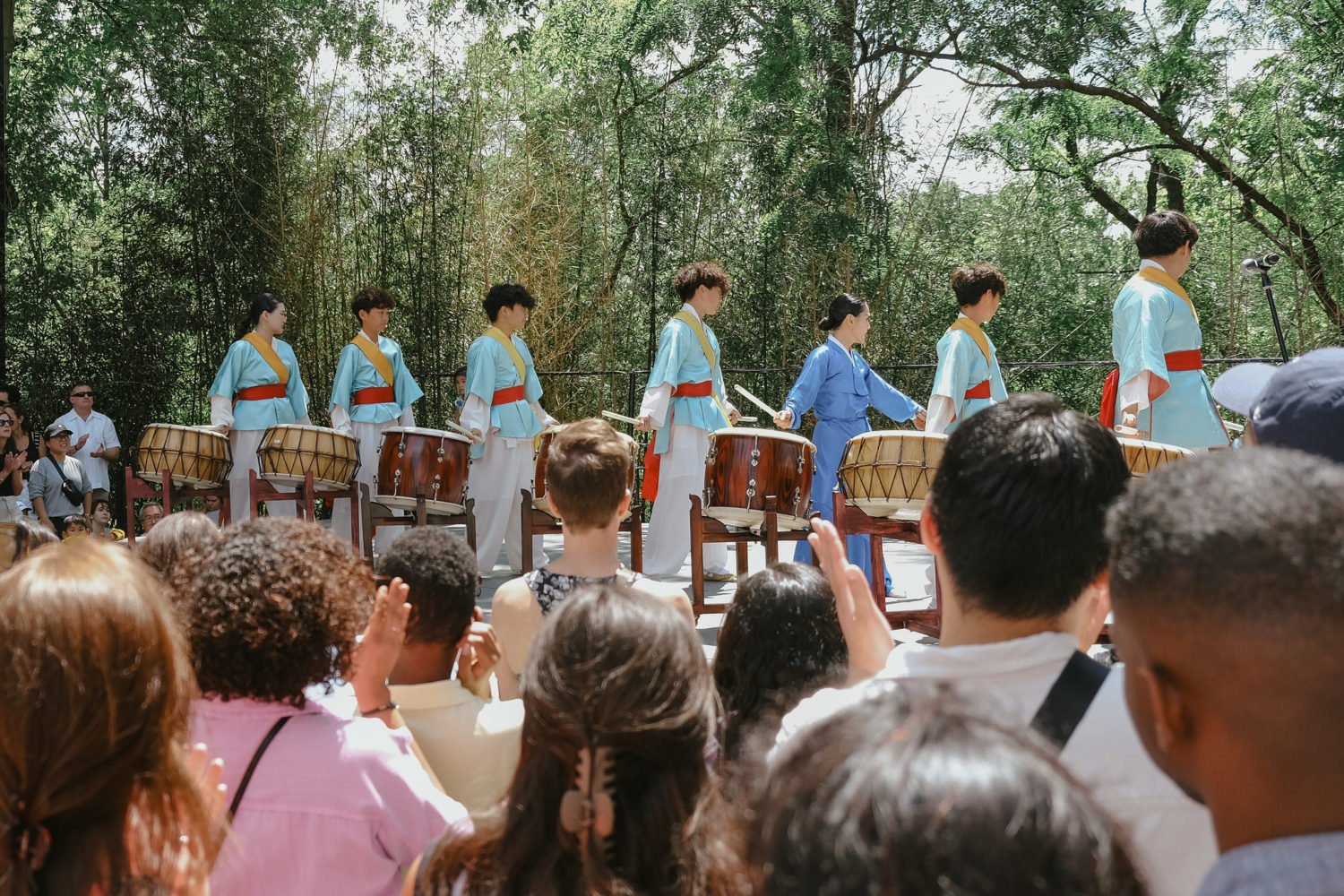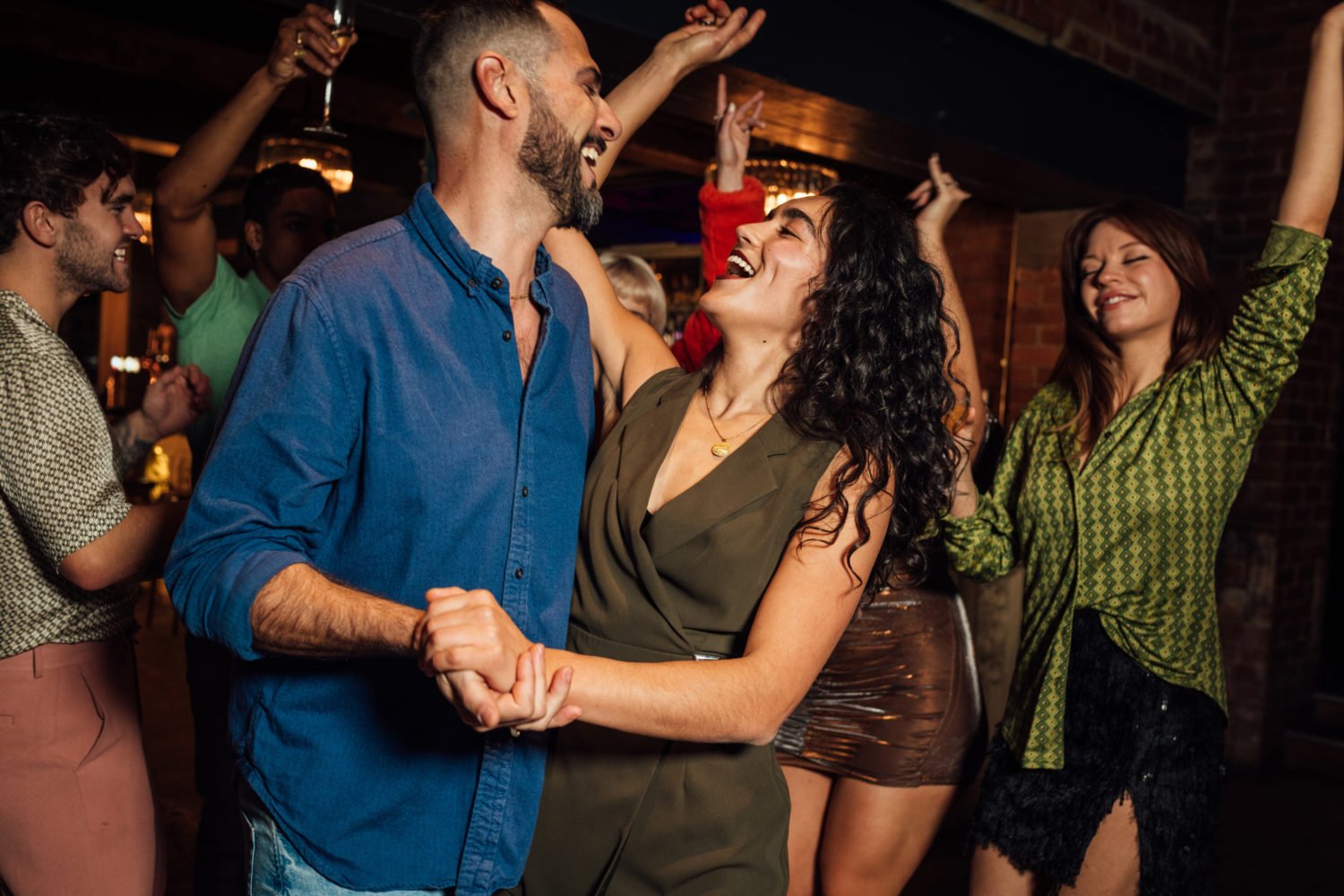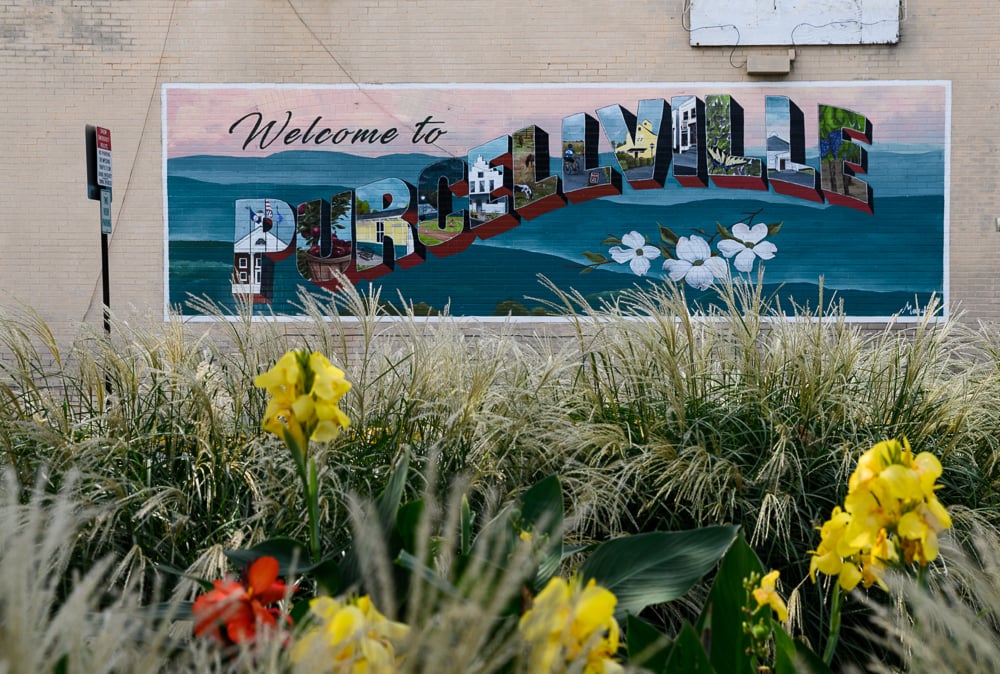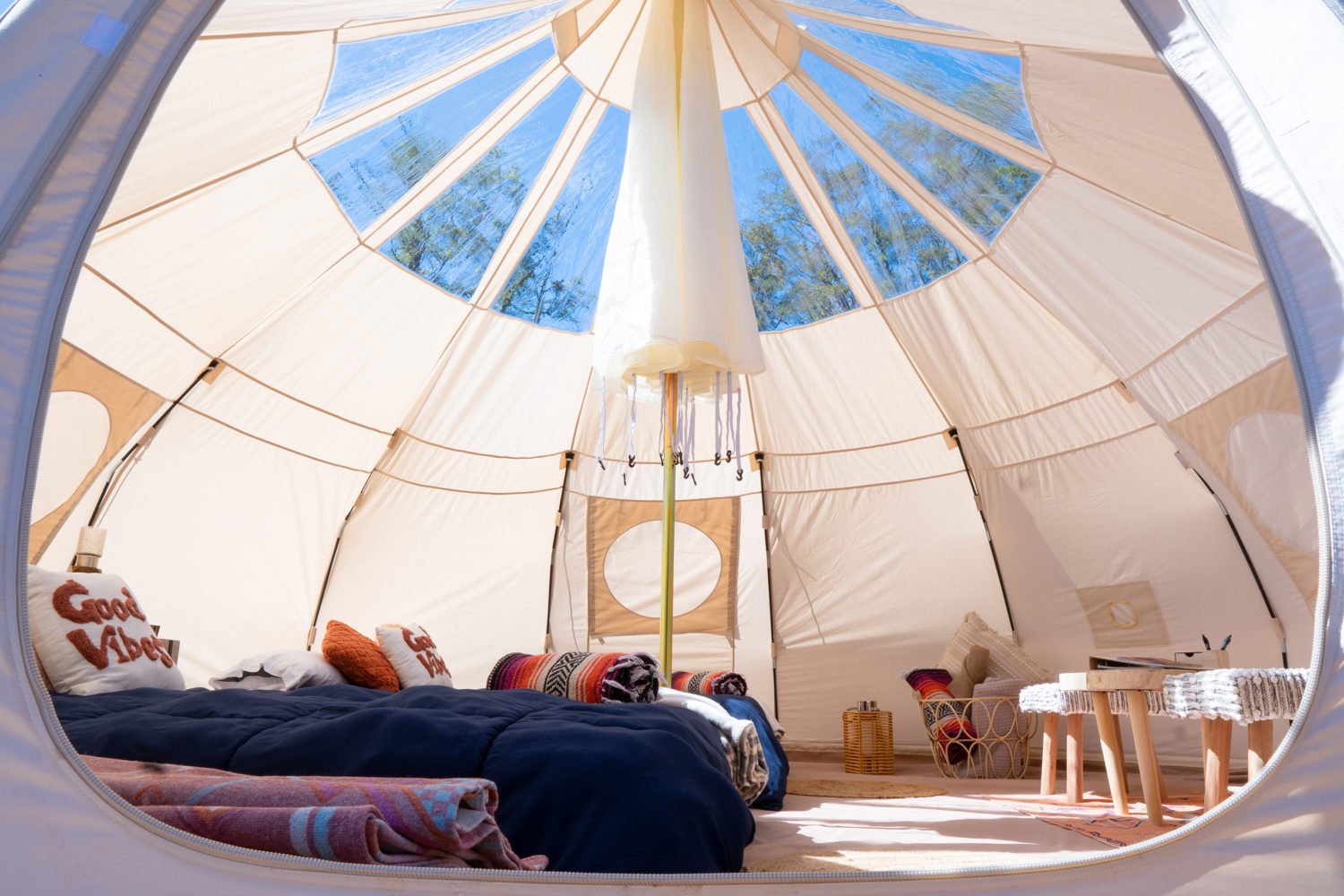Though the first official day of summer isn’t until Friday, the airwaves have already
been flooded with tunes vying for the coveted title of Song of the Summer. Among the
heavy hitters: the sunny, bouncy “Chocolate” by the 1975. The track sounds like pure
sugar—but a trip through the band’s other songs, which shift in sound from the stripped-down,
contemplative “Me” to the rawer, bitter-tinged “Sex” to the ’80s vibe of “The City”
reveals a search to capture both timeless concepts such as love and fear and the fleeting,
fragile spirit of the current generation.
The Manchester, England-based four-piece—vocalist/lead guitarist
Matty Healy, guitarist
Adam Hann, drummer
George Daniel, and bassist
Ross MacDonald—have put out four EPs over 2012 and 2013 and just finished work on their debut full-length
album, co-produced with
Mike Crossey (who’s worked with the Arctic Monkeys and the Kooks), which is due out later this
year. The band are currently touring the US, including a stop at U Street Music Hall
on June 20. We chatted with Healy, who was about to perform a show in London, about
what to expect from their album, getting famous their own way, and why their last
appearance in DC was so memorable.
I hear you’re about to go onstage.
Yes, in about 15 minutes. Right now I’m outside, in a bit of a grotty alleyway.
Do you have any pre-show rituals? Anything to curb stage fright, for instance?
Usually I’m doing interviews. I normally have a glass of red wine. But we’ve being
playing in bands for so long, we know what to do, so we just do whatever we need to.
You’re headed to the States soon—where are you especially excited to play?
Actually, DC—that sounds like I’m being sycophantic, but last time was crazy. It was
the craziest night of our tour—kids were just mental, security was going to shut it
down because the floor couldn’t take it, and it made such an impression on us. New
York was [also] a benchmark for us; we played two sold-out shows in one week, and
it was a real representation of how far we’ve come in such a short time.
You also played at SXSW this year—what was that like?
We did 11 shows in five days. It was intense—three shows a day; it was not a lot of
sleep and a lot of partying. You bump into lots of bands that get really hyped, and
you see each other a lot. Me and Dan [Smith] from Bastille found a corner one night
and hung out—there was so much demanded of us, so much hype as frontmen to two up-and-coming
bands. . . . But it was a great time, very professionally and personally rewarding.
And Austin is this liberal utopia in the middle of Texas.
What should people expect from this album as opposed to from your EPs?
It’s a very ambitious, very big album. Our EPs were kind of us wanting to express
ourselves in a more alternative, left-field way. “Chocolate” was an early song for
us, and we wanted our album to be like 14 of those. It’s sonically experimental. We
wanted to make a record like Michael Jackson on
Bad—every song is a big track. That’s what we’ve gone for, and that’s what we’ve achieved.
You’re quoted in a bio your publicist sent me as saying, “We’re not desperate to be
famous; let’s do it our way.” Have you seen any downsides to that kind of approach?
Definitely—not getting that famous, although in the UK we are now; it’s a bit weird.
We’ve done everything the way we want to do, and what you see is what you get. Our
artwork, our design, everything is just done by us guys, and we’ve achieved everything
we’ve set out to for the moment.
Was that idea influenced by any particular band or artist who found success that way?
Not at all. That’s a silly thing to do, really—when you parallel other people’s success,
you’ve already made the wrong move. We just have a modernist approach to everything.
Music media can be quite have a retrogressive attitude toward culture in music, and
we don’t care about anything that came before; we care about what’s coming next.
What can you tell me about the tour?
We’re supporting Rolling Stones in a couple of weeks, we supported Muse at a stadium
in London, we’re playing basically every festival in UK—200 shows, and we couldn’t
have expected any of it.
How do you manage such a taxing schedule?
You’ve just gotta take it as it comes. You have down days and up days, but this is
the kind of job we’ve made for ourselves, and we’re really proud of ourselves. It’s
the pursuit of excellence among four individuals, and you can’t get too down on where
you are or how many of you have to share a bed; we’re doing all right.
Many critics mention the way you shift between types of music. Do you think that search
for identity is more a product of the age you are or a product of the times we live
in?
With our generation, we create in the same way we consume: Nobody consumes any media
in a linear format. The kind of stylistic polarity you’re talking about is not really
defined by time; it’s more a reflection of who we are as people, how we perceive the
world.
Who are you listening to now?
We love the Weeknd, ASAP Rocky, Kendrick Lamar, Synkro . . . it’s more left-field
electronic music we listen to most. There are a hundred deejays I could name you.
How did you pair up with [touring partners] the Neighbourhood?
They’re fans of us, and we’re big fans of them. When we were at [SXSW], their manager
started talking to our manager. We were supposed to meet and didn’t have time, but
we gave each other a nod over the internet. It’s such a good pairing. We’re very comparable
bands; there’s no other band as similar to us in the world.
What do you want people to feel when they watch your live show?
I’d say I want them to feel a little bit in love. I don’t know with who, or with what,
but that’s what I’d say.
The 1975 play at U Street Music Hall Thursday, June 20, at 7 PM with Alpine. Tickets
($12) are available through U Hall’s website.

